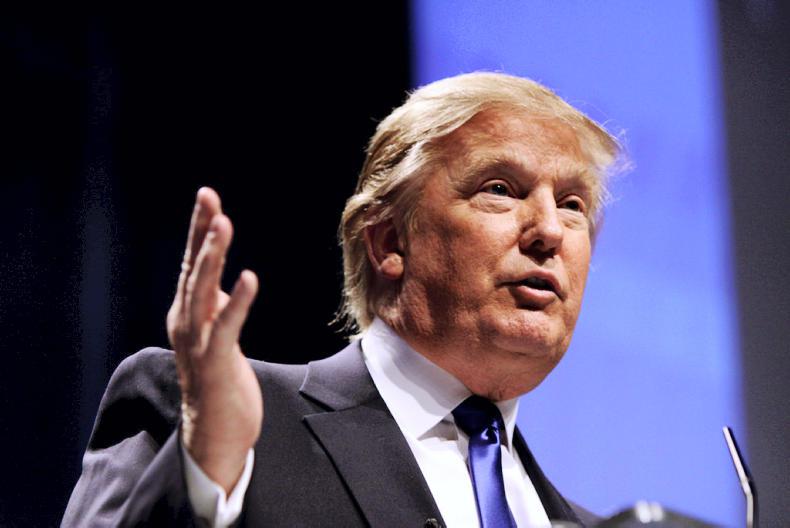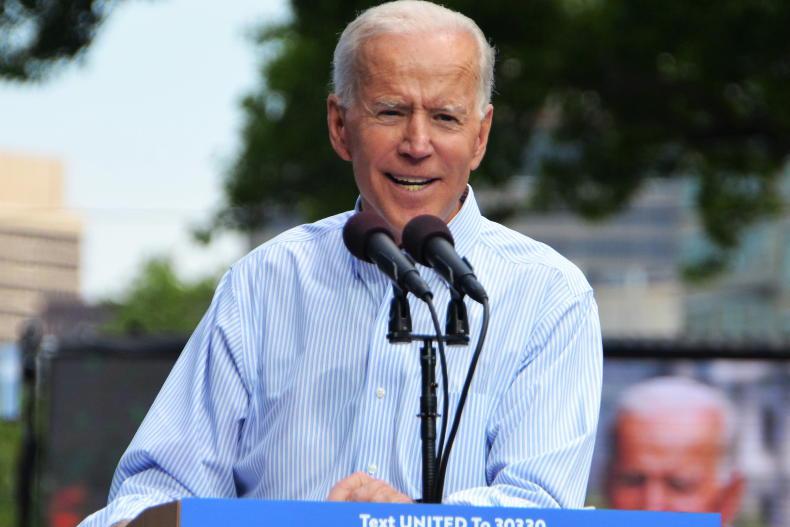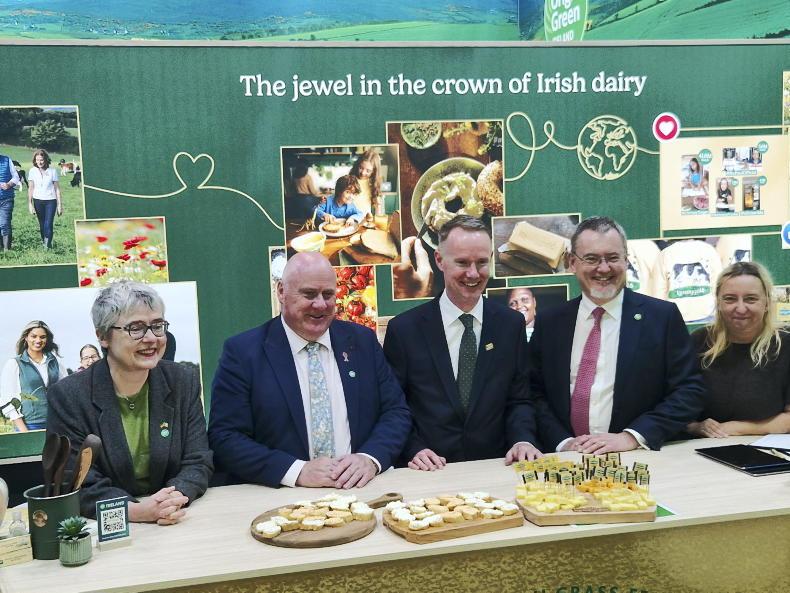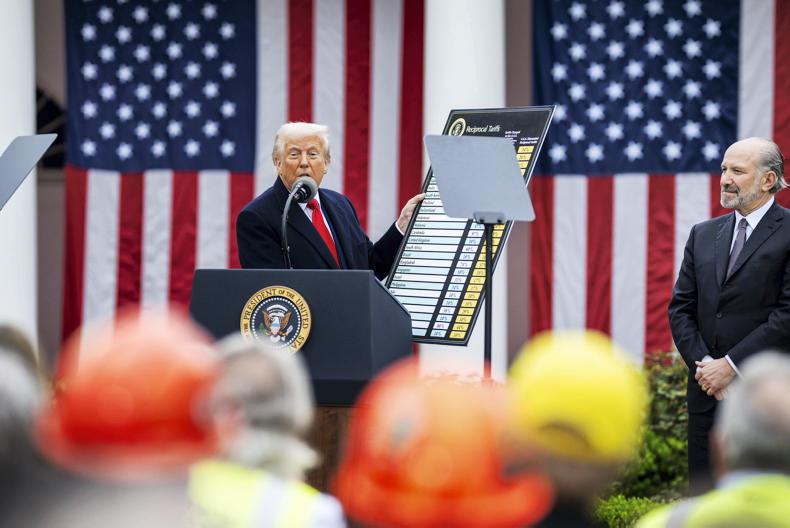US president-elect Donald Trump has confirmed that his campaign pledge on pulling the US out of the Trans-Pacific Partnership (TPP) trade deal with the Asian Pacific rim countries will be one of his first jobs on day one of taking office.
This deal was signed by outgoing President Obama in February this year and it was in the process of being approved by the US Senate and House of Representatives. Ultimately they could have vetoed the deal and the fact that President Obama hadn’t got it through, as was the case throughout much of his presidency, means that it will effectively die.
While Ireland doesn’t have any specific interest in TPP in itself, it does have a huge interest in the other major trade deal under negotiation between the US and the EU, Transatlantic Trade & Investment Partnership (TTIP). President-elect Trump has indicated that he has no interest in this either and the view developing in Europe ahead of elections in France, Germany and the Netherlands is that it isn’t the correct time to be pushing it in Europe either.
Asia
The EU and Ireland in particular have an interest in concluding trade deals with a number of the 11 countries in addition to the US that were part of the TPP. These include Canada, with whom a deal was agreed after last-minute hitches with Wallonia in Belgium, and Vietnam, with whom a deal was agreed late last year, to take effect probably in late 2017.
Negotiations with Japan are at what is described as an advanced stage. Japan is consistently in the top three global beef importers, and Irish beef exporters pay what is considered a favourable 12.8% tariff on exports.Discussions started with Indonesia (not in TPP) in July this year. None of these are serious exporters of agricultural produce and therefore present only opportunity for Irish farmers and wider industry.
The one that will be of particular interest given the recent step forward in obtaining access for beef is China. New Zealand, one of their major current suppliers, was the first country to sign a free trade agreement (FTA) with China in 2008 and last weekend the NZ prime minister announced that talks would start on an upgrade in 2017.
New Zealand has zero tariffs on beef as it is, Australia signed an agreement with China in 2014, which will phase out their 12% tariff by 2023, while South American sales to China are currently subject to 12% tariff, as it’s likely Ireland will be, once we obtain access.
Given the amount of dairy, pigmeat and potentially beef, a FTA between the EU and China would be a worthwhile development to grow that market once access is obtained.
Mercosur
Meanwhile, reports from South America are suggesting that a trade deal with the EU could be concluded as early as 2018. However, they do concede that the outcome of elections in Europe next year will determine this with any move to the right likely to put this outcome in doubt.
Given the cumulative impact assessment, saying that a Mercosur trade deal could put up to 350,000t extra beef on the EU market and hit prices by 16% on today’s values makes it difficult to see how the EU can offer Mercosur anything near what they want.
Analysis
The announcement by president-elect Trump shouldn’t be a surprise as it was a promise he repeated regularly during the campaign. However, by announcing it now while the current president may still have been hoping that it would have squeezed through congress before he left office, means there is no chance of a Republican-controlled Congress doing anything else other than follow Trump’s lead.
By making it one of his first jobs on getting into the White House, the president-elect has also given an elevated status to the protection of US industry from free trade competition, particularly for the motor and electronics industries, which in the US have come under serious pressure from the big Asian car makers in Japan and Korea.
For Ireland and the EU, it means TTIP has been put on the long, very long finger. One to watch, however, is what happens between the UK and US post-Brexit. A future trade deal between the UK and US could be even worse for Irish farmers than a deal between the EU and the US.
EU negotiations would be scrutinised by several other members with strong agricultural interests to protect, as well as Ireland. That would be some sort of shield against huge quantities of tariff rate quota being agreed for beef in particular, as the US is anxious to get the EU as a market for steak meat.
For the UK, protection of the beef sector may not be as high a priority as in the EU and the product likely to be replaced by US beef imports is Irish as opposed to UK domestic production. This is where the real threat lies for Irish farmers in future trade talks.










SHARING OPTIONS